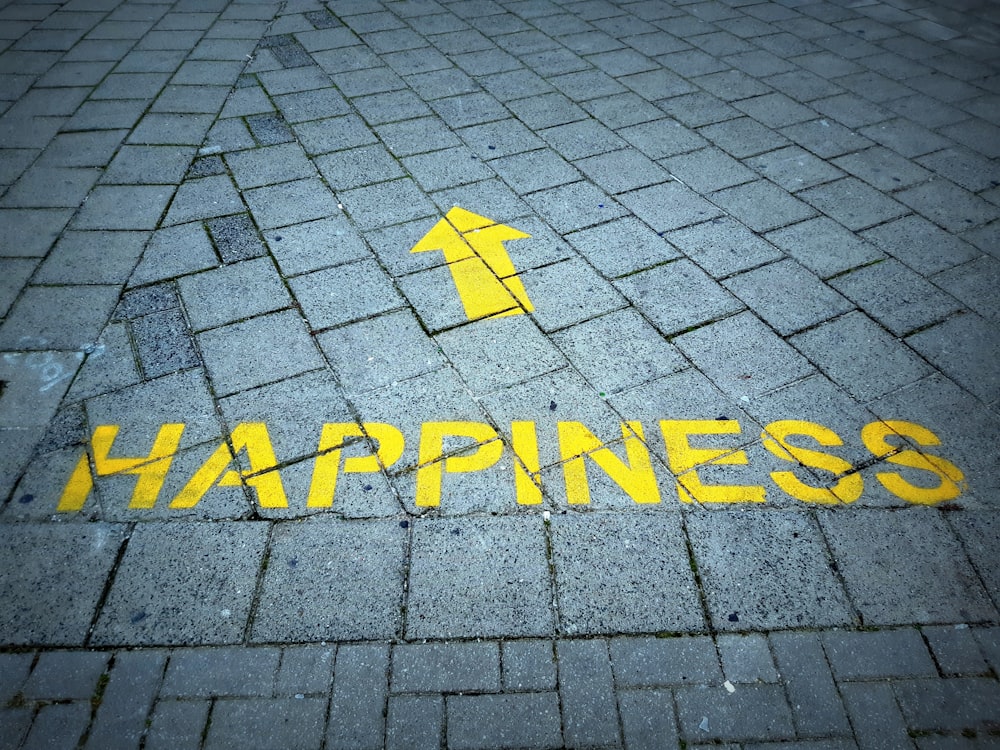“All men … wish to live happily,” wrote the Roman philosopher Lucius Annaeus Seneca in the year 58 A.D when he was 62 years of age. However, he noted, men are “dull at perceiving exactly what it is that makes life happy.”
When it comes to many of our issues around psychology, the ancients had some staggering wisdom that we can still use today. Seneca was an expert on eudaimonia, which was made famous by the Greek philosopher Aristotle some 400 years earlier.
Eudaimonia literally means “good-souled” or “good-spirited” but could better also be translated as happiness. But it is happiness in a deep and lasting sense, not the short-termed happiness that comes in a tub of iced cream or watching a riveting TV show.
Reason as a path to happiness
The ancient Greeks—and later the Romans—were fascinated by the question of what can give us happiness or a good life. For many, the answer came in the pursuit of reason.
Reason as a goal of human life has become a bit out of fashion today. However, this has more to do with overly narrow and often misogynistic descriptions of reason given by many male philosophers in the last 500 years.
A good definition of reason might be the ability to think clearly, to move fluidly from particular circumstances to general and abstract formulae, and to look past personal or subjective views that might lead to harming others for personal benefit. That is a long sentence. So let’s break it down a bit.
First is the idea of thinking clearly. It might help to offer examples of when we do not think clearly. We all know we don’t think clearly when we’re drunk. Being a touch intoxicated might be fun and it might loosen inhibitions. But it’s not when we will make clear decisions. Writers have a joke, “write drunk, edit sober.” Of course, this means only a touch intoxicated, as any writing done when very drunk will be worthless. Aside from being intoxicated, however, we also know that we don’t think clearly at many other times. When I haven’t slept well for a couple of days, I know that I do not think clearly. When I have too many things on my to-do list, I often have a hard time concentrating on any one of them.
Second, we can think about our ability to move from particular circumstances to general and abstract formulae and back. In so much of what we do, we need to think about general rules and guidelines as we are applying our knowledge: from cooking to driving to doing dishes. Much of this is unconscious and fluid because we have done it so much. But sometimes we fail to do this. Eating iced cream at 4pm as a particular act is fine, for example, as long as we are abiding by a general rule to eat a healthy, balanced diet. Sometimes, though, we get stuck in the particulars and fail to remember these general rules.
The final part is often the most difficult: looking past our personal views to a more universal perspective. We can think of this as putting ourselves in other people’s shoes. When we are making a mess in the kitchen, for example, we can think of our partner or family members and remember to clean up. Instead of leaving to have fun, we must ensure that we don’t make other people’s lives difficult through our actions. Expanding upon this, we can think of ways that we can ensure better lives for our neighbors, our fellow compatriots, and eventually all people.
A reasonable happiness
Achieving perfect reason is not the goal of most philosophers, who would say that as humans, we are bound to fail in one way or another. However, the simple act of trying and getting better does make us happier, they argue.
As we get better at each of these three aspects of reason, we grow more accepting of much of the difficulty that comes from simply being human. For example, knowing that my toddler will have growing pains and childhood illnesses (a general rule of being a young human) comforts me as I face these with her in my particular circumstances. I can prepare and do my best to keep her healthy and as pain-free as possible, but I know that some pain must be endured. The same goes as I age and notice that my body does not bounce back from labor or injuries like it did 10 or 20 years ago.
Seneca certainly thought deeply about the third of these aspects of reason, offering lessons such as, “Whatever I may possess, I will neither hoard it greedily nor squander it recklessly.” He was, in effect teaching us to live within our means and practice moderation.
He also said, “I will view all lands as though they belong to me, and my own as though they belonged to all mankind.” Here in Missoula, Montana and in so many places today, we face a housing crisis. This isn’t necessarily because of a sheer lack of housing. In fact, if we equally distributed what we have, we would probably still have plenty of space left over. Instead, it is a result of a small number of people owning and controlling vast quantities of homes. Hundreds are rented out as short-term rentals and many giant houses could, theoretically at least, be repurposed to house multiple families.
But instead of following Seneca’s advice, we prize individuality at the cost of community. And, as I think he would agree, this cost us all some of our happiness.
 Justin Whitaker, Ph.D., holds a doctorate in Buddhist ethics from the University of London. He has given lectures, and taught Buddhist studies and Philosophy at Oxford University, the University of Hong Kong, the University of Montana, and at Antioch University’s intensive study-abroad program in India. A certified meditation teacher, he is a regular contributor to Patheos.com, and Senior Correspondent for Buddhistdoor Global. Justin is the official blog writer for Sunflower Counseling MT in Missoula, Butte, Kalispell, Billings, and surrounding areas. He lives in Missoula with his family.
Justin Whitaker, Ph.D., holds a doctorate in Buddhist ethics from the University of London. He has given lectures, and taught Buddhist studies and Philosophy at Oxford University, the University of Hong Kong, the University of Montana, and at Antioch University’s intensive study-abroad program in India. A certified meditation teacher, he is a regular contributor to Patheos.com, and Senior Correspondent for Buddhistdoor Global. Justin is the official blog writer for Sunflower Counseling MT in Missoula, Butte, Kalispell, Billings, and surrounding areas. He lives in Missoula with his family.



